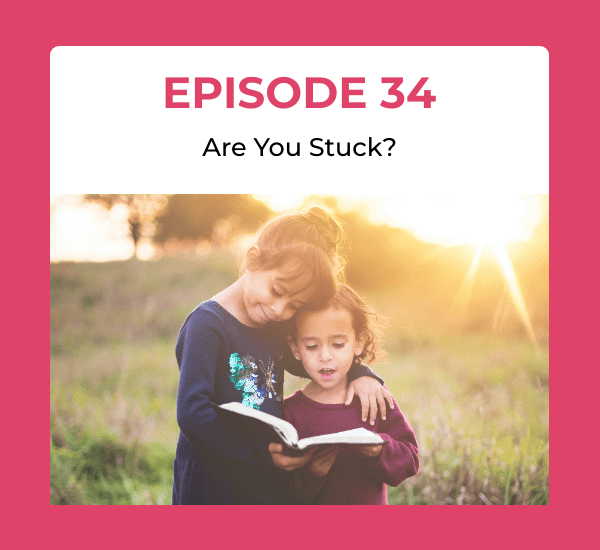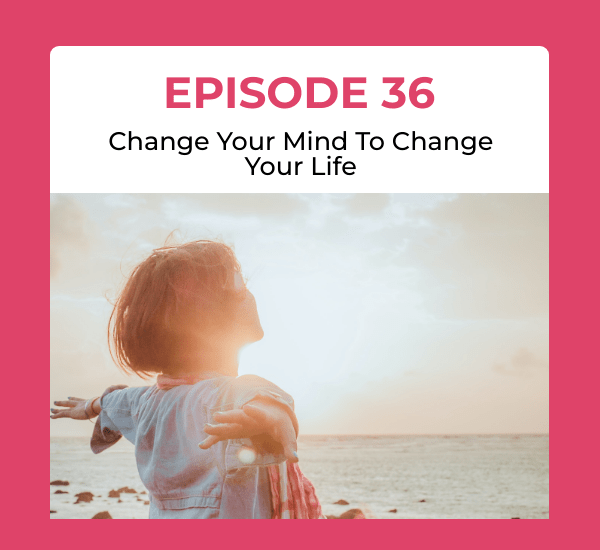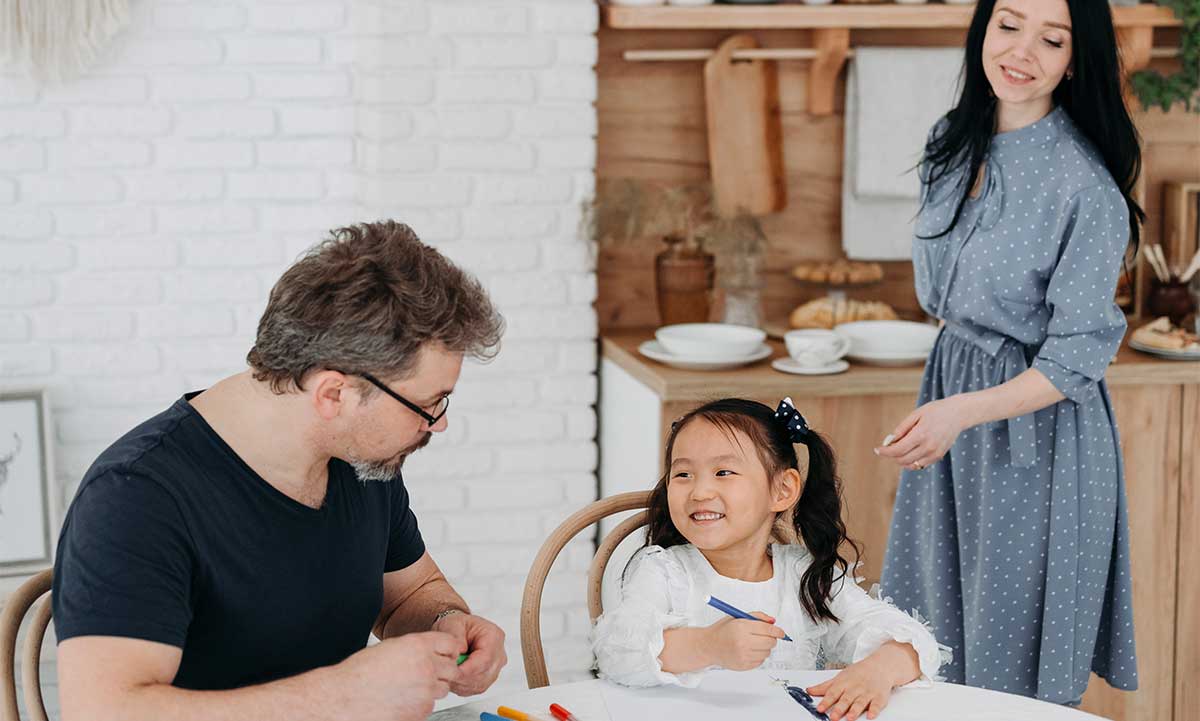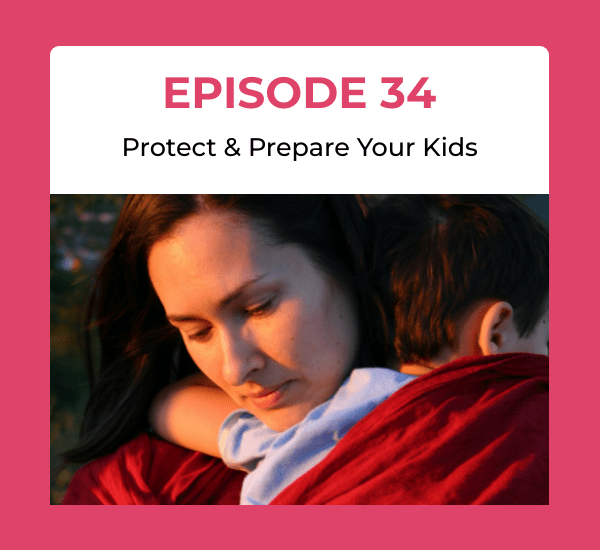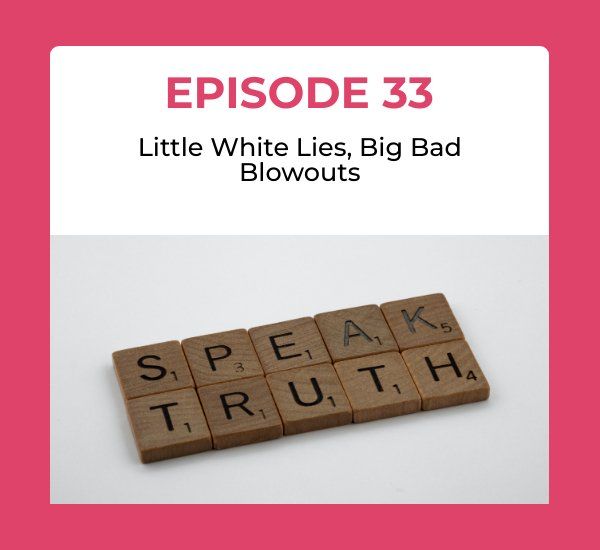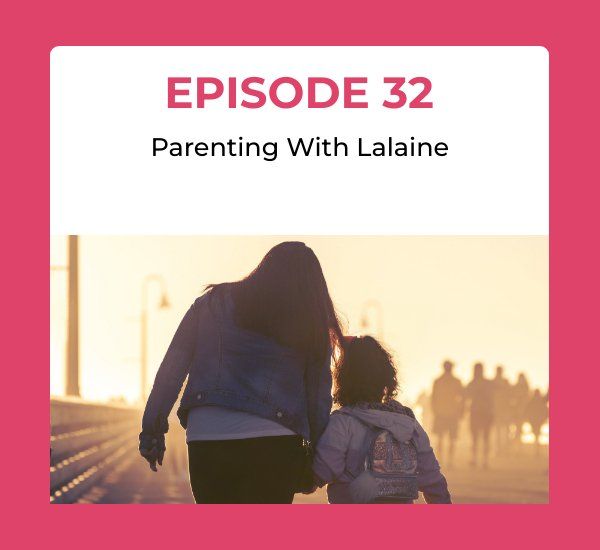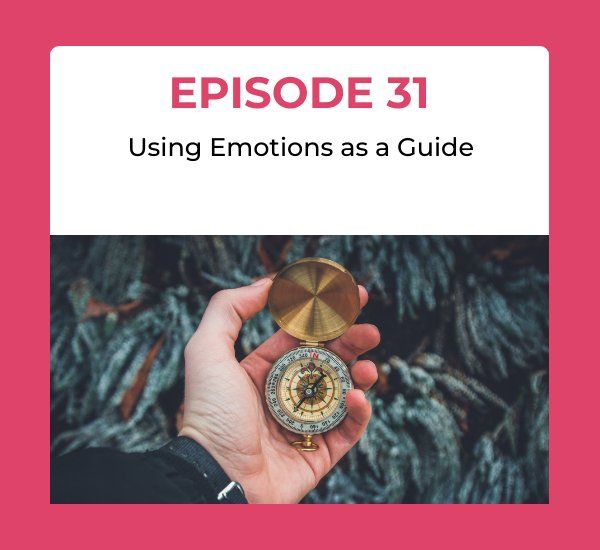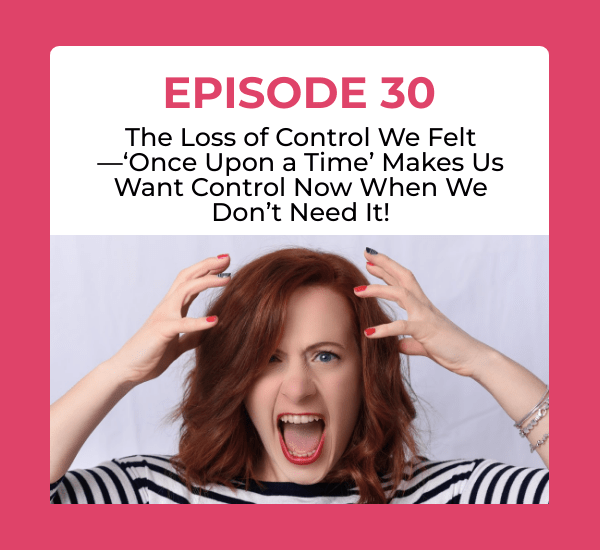Positive Parenting During the Pandemic : Part 2
All parents deserve a peaceful parenting experience,
and all kids deserve a peaceful parent.
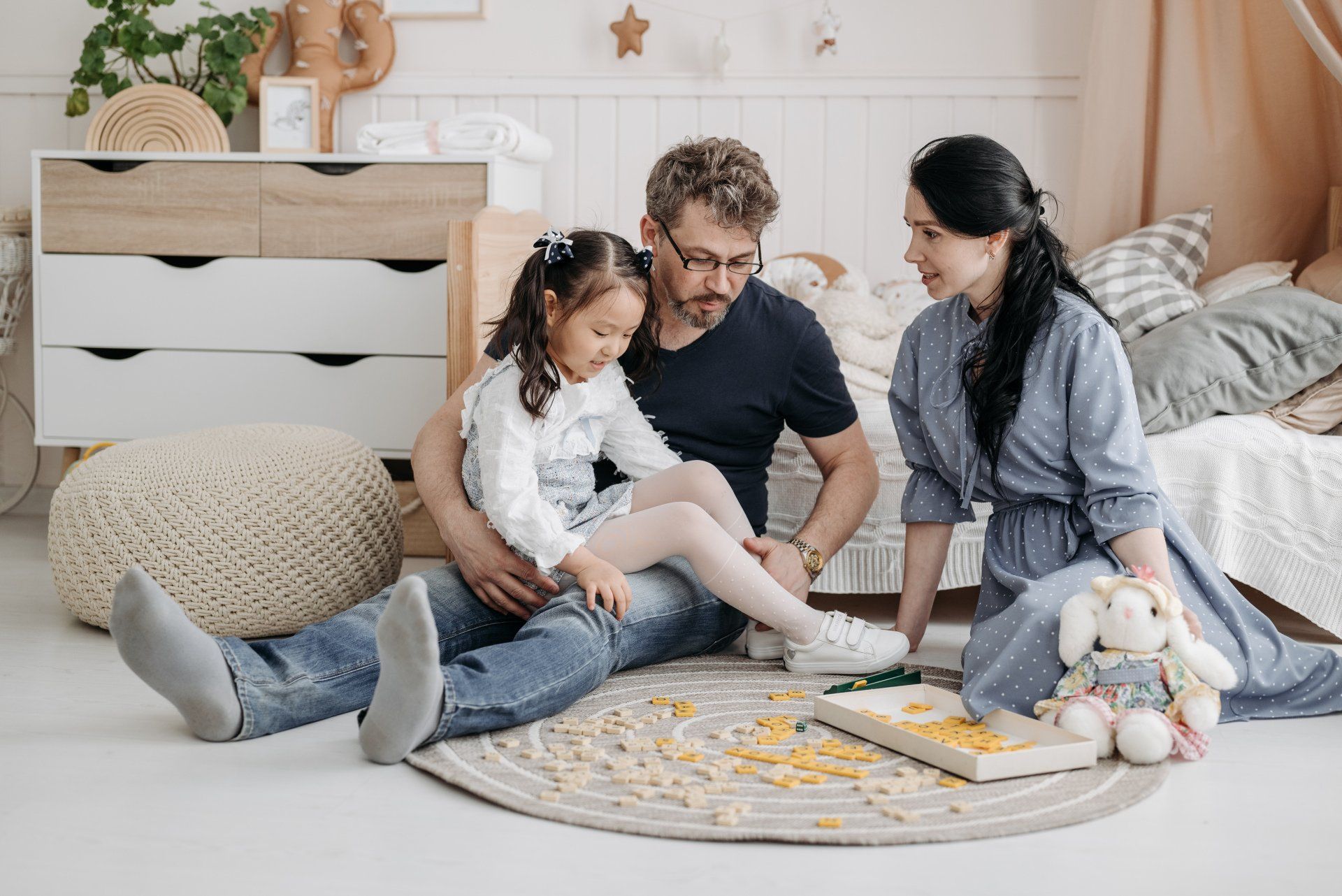
Strategies to Deal with Parenting Stress.
Why does reducing daily stress (every time it appears in our lives) help us become more positive parents?
We can’t be
stressed out parents
&
positive parents
at the same time
In part one we learned that, as a family, we can reduce a lot of emotional stress in our daily life by realizing we matter more than any mistake we make and that ‘making the mistake right’ feels better than justifying, excusing, ignoring, or hiding it. We also came to the realization that there are good reasons to make small changes to reduce stress every time it appears inside of us—because it’s on the rise and:
- ruining our experience of life,
- ruining our relationships,
- ruining our mental health.
In part two we’re going to give ourselves irrefutable evidence that we want to use these stress management skills in our daily parenting lives, in the moment stress appears—because:
- stress is toxic to our bodies,
- to be a positive parent, we have to use parenting techniques that dissolve negative states and deliver us to our naturally joyful state,
- it feels good to have very little stress and lots of playfulness and peace.
We Do What We’re Used To
The first time I shared that anger (aka a negative state that causes us stress) was toxic to the body with one of my grandkids who was 12 at the time, she said, “No, Grama. I don’t want to poison my body!” But she didn’t really want to do the work to give herself relief at the time, either. These states are so familiar to us that we think they’re normal. Stress is not normal, it’s stressful.
Since it’s true that:
- there is a quick way to dissolve stress using The Kid Code strategies and other positive parenting tips you know,
- there are no good reasons to stay stressed-out,
- 'that’s just the way we have to live’ is a fallacy,
we can take back control and not spend our time feeling upset, falling apart, and feeling hopeless. We can self-regulate and experience emotional health.
Get Fed Up with Stress Today
A couple of months ago, I was mad for a minute and then the anger dissolved, which is what this work does for us! But, like my granddaughter, we’re more likely to run away from a strategy to help us dissolve stressful states and run toward the justification, “I have every right to be upset,” because that’s our (useless) habit—until we’re fed up with it.
Doesn’t it make sense to you that it’s more normal to get out of a stressful state than justify it or stay in it?
I’m hoping to show you why you don’t want to wait for ‘fed up’ and give yourself your own wellbeing intervention by joining us in this positive and peaceful parenting movement—designed for you and your family’s peace of mind.
We’re going to be inspired to use any strategy we can find that will chase unnecessary chronic stress out of our mind, bodies, and lives.
We’re going to realize that more than anything, we want to be peaceful, positive parents (and people) and that we are willing to improve the quality of our lives, by making stress-reduction as important in our daily lives as brushing our teeth, eating our meals, and going to work.
Pandemic Parenting Problems
The fallout from the COVID-19 pandemic doesn’t need to spread over years and bring us any more suffering than it already has.
What can we do when our children get sent home from school and we have to help with online education and mostly don’t know how to or don’t really want to? Kids are already experts at evoking every emotion we don’t want to experience, and nowadays with COVID-19, more of us are set on ‘erupt’—and that’s not good for us or them.
The added stress of homeschooling during COVID-19 can lead to, or intensity depression, anxiety, and fighting with each other.
Before we go to solutions, let’s be sure that stress-reduction is a priority! Until it is, we’ll follow the path of my granddaughter and try everything possible to support the habit.
The Proof
Dr. Joe Dispenza, a researcher, author, and international lecturer says thoughts can stimulate the stress response chemicals and prolonged stress can make us sick because we can’t live in emergency mode for an extended time. Source: Dr. Joe Dispenza, August 14, 2020, The Danger with Prolonged Stress, Accessed August 5, 2021. https://www.youtube.com/watch?v=3Bfbbh7UqDY
Also, did you know we are addicted to negative thoughts and feelings: our bodies create chemicals when we have a negative thought that creates a feeling that becomes the neuropathway? Me neither. Source: Betsy Jensen, How We Become Addicted to Negative Emotions. Accessed July 25, 2021.
If you’re like me and like lots of proof, here’s some more: Harvard Health says, “Anger can trigger physiological changes that affect your blood, temporarily elevating your risk of heart attack or related problems.” Source: Harvard Health, From Irritated to enraged: Anger’s toxic effect on the heart. December 06, 2014. Accessed August 5, 2021. https://www.health.harvard.edu/heart-health/from-irritated-to-enraged-angers-toxic-effect-on-the-heart
Eeeeek, anger be gone!
If this is new to you, or you feel like more proof would motivate you to de-stress as often as you check your email, text messages, and social media in a day, check this out from the Mayo Clinic: The long-term activation of the stress response puts us at increased risk of:
- anxiety,
- depression,
- mental health problems
- digestion problems,
- headaches,
- sleep problems,
- memory problems, and more.
“That's why it's so important to learn healthy ways to cope with your life stressors.” Source: Mayo Clinic Healthy Lifestyle Stress management. July 8, 2021. Accessed August 5, 2021 https://www.mayoclinic.org/healthy-lifestyle/stress-management/in-depth/stress/art-20046037
That’s enough proof, yes?
Stress (upsets with our children) causes too much damage.
Dr. Joe says we’re stressed about 70% of the time. That’s not okay.
Stress is okay when we need to jump out of the way of a bus, but it’s meant to move us along to keep ourselves safe, and then dissipate. We’re staying in the stressed stated more and more. I used to wake up feeling anxious. Now I wake up, stretch like a happy cat, and feel gratitude—and all I did to change was this work.
In summary, there are so many good reasons to dissolve negative states/stressful states in us and our children. Stressful states:
- are addictive,
- cause relationships to fall apart,
- are biologically toxic,
- don’t feel good inside of us,
- tend to keep our focus on the problem instead of a solution,
- move us into impulsive behaviors,
- affect the quality of our lives.
What is one thing we can do when the COVID-19 pandemic puts us in the position of being a stressed-out, unequipped, homeschooler—when that wasn’t in our plans? Dissolve it.
Positive Parenting Strategy #2 : Dissolving Stressful Thoughts
As we know and have been reminded, our thoughts are causing us constant stress. Think about:
- thoughts you have about your children acting out bad behaviors,
- thoughts about parenting when you don’t know what to do with bad behaviors,
- thoughts about making a mess of homeschooling.
Stressful thought:
- “I shouldn’t have to homeschool my children.”
- “I can’t handle these kids for so much time every day.”
- “I feel depressed.”
- “My children are causing me anxiety.”
- “All I do is fight with my kids to try to get them educated during this COVID pandemic.”
- “He’s always arguing.”
- “She did _____________.”
- “He won’t stop fighting with his siblings.”
- “I don’t know what to do about her when she’s being rude.”
- “I’ve caught him lying—again.”
- “She’s so jealous.”
- “I hate to say it about my own child, but he’s a bully.”
- “I can’t believe she said ________________.”
In the moment we think about behaviors that upset us we can feel the stress start to build inside of us.
- When our children are in front of us and acting out.
- When our kids aren’t with us but we’re thinking about their behaviors.
- We’re discussing our children’s’ bad behaviors with someone else.
While there are many stressful states when our children are with us, let’s focus on noticing how much stress we cause ourselves while having a thought about their behavior.
In times of stress, the first thing to do is to notice that stress has appeared inside of you by noticing:
- negative thoughts or feelings,
- a feeling of discomfort,
- a feeling of being out of control,
- the uprising of an emotion that’s not helpful: anger, fear, worry, grief, sadness, depression, anxiety, etc.,
- an impulse to lash out at ourselves or others.
Clearing ourselves of a stressful thought doesn’t mean we won’t take practical action when we need to. It means we won’t be stressed out when we do take action. It means we’ll be more clear and able to make better decisions because we’re not making them out of a stressed state.
As taught by Guy Finley, a spiritual teacher, thought is useless and stressful unless we are in dedicated solution-based thinking, creating, practical planning or revelation (getting an aha or coming into a new awareness). You are invited to spend some time seeing if that’s true.
With These Stress Management Skills You Can Turn Yourself into A Positive Parent in Less Than a Minute!
Do any one of the following every time a negative thought appears:
Use the breath to de-stress:
- Pema Chodron, a Tibetan Buddhist teacher, suggests when a (stressful) thought appears to label it as ‘thought’ and then focus on the outbreath.
- Eckhart Tolle, a self-realized spiritual teacher suggests we focus completely on the in-breath and then focus completely on the outbreath, never moving the attention away from the breath. If you do this, you’ll notice you can’t think and focus on your breathing at the same time.
- Teach your children to ‘blow their socks off’ when they’re stressed out! Invite them to look at their socks and pretend to blow them off. This will help them calm down.
Use the calming presence of nature:
- As Eckhart teaches, let nature teach you stillness. When a thought arises, look at something in nature: the sky, a tree, or a potted plant in your home, keeping your attention on it until you feel calm.
Use logic:
- As Mooji, a long-time spiritual teacher suggests, when you have an upsetting thought: think of it like a cloud passing, and let it pass without attaching to it or commenting on it. Or, if different imagery will keep you from attaching to a stressful thought: a thought is like a truck going down the road. You wouldn’t run and jump on it, would you? If we do ‘jump on’ a thought and, go where it takes us, we’ve let stress take control of us.
Teach these simple positive parenting strategies, and stress management skills to everyone in your family and use them several times a day to begin to support the emotional health and wellbeing of you and your family during COVID-19 and beyond. They don’t take much time and they bring immense stress-relief to you and your children. If you don’t feel relief in a minute or two (or less), refocus and repeat the exercise.
More parenting stress relief is coming your way in Part Three—learn what to do when your children (who are around so much more because of the COVID-19 pandemic), won’t do must do’s like homework, housework, and more!
In the meantime, remember that in the time it takes to have a coffee break, you can take one of the courses on how to handle your children’s behaviors. More information here: www.thekidcode.ca
You’re on your way to becoming a peaceful and positive Kid Code Parent!
For the love of kids,
P.S. Remember to use one of the strategies you learned here every time you have a stressful thought so you can take yourself from chaos to calmness in a few seconds! A Post-It-Note might help!
